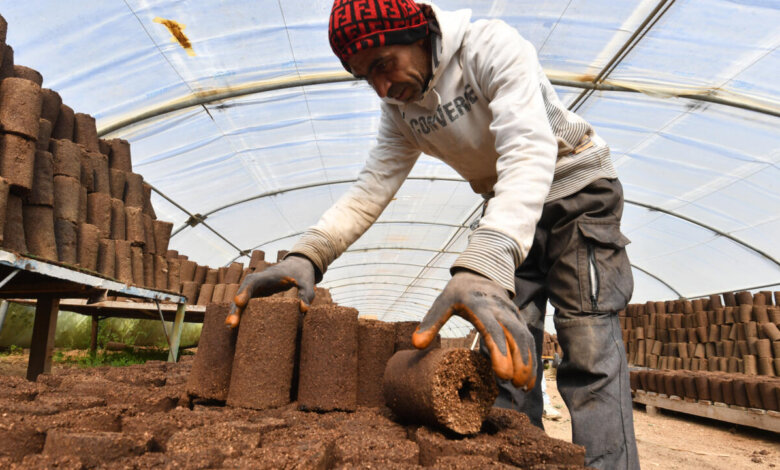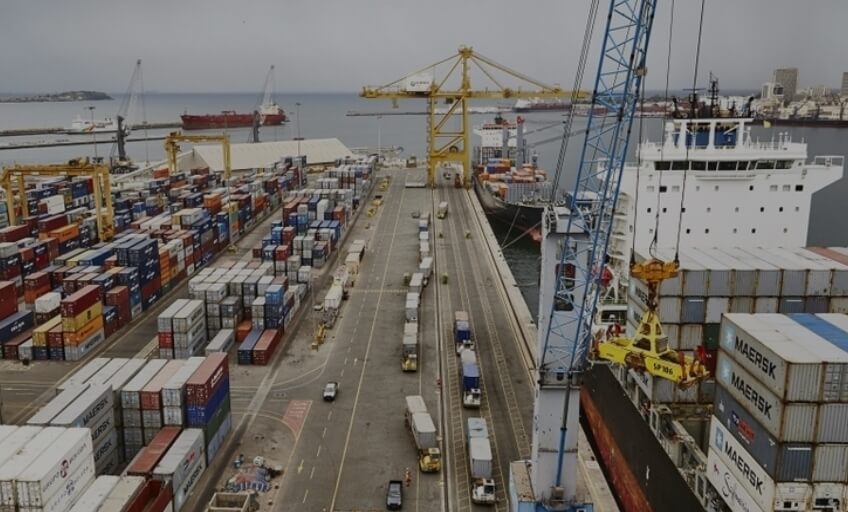Tunisian Yassine Khelifi turns olive waste into low-emission fuel

In a country where olive trees blanket the landscape and agriculture drives the economy, Tunisian engineer Yassine Khelifi has found a way to turn a growing environmental problem into a sustainable business.
Each year, Tunisia, one of the world’s top three olive oil producers, generates hundreds of thousands of tons of olive pomace, the pulpy residue left after oil extraction. The country, producing 340,000 tonnes of oil, generates about 600,000 tonnes of olive waste annually. Traditionally burned in rural households or used as animal feed, the sheer volume of waste has long outstripped its utility.
Khelifi, intrigued by how long the waste burned, saw potential. “I always wondered how this material could burn for so long without going out,” said Khelifi, who lives in northern Tunisia. “That’s when I asked myself: Why not turn it into energy?”
Motivated by this question, Khelifi travelled to Europe in 2018 to explore technologies that could convert olive waste into fuel. He returned with a specialized machine and spent the next three years refining the process. The result was a compact, clean-burning briquets made from olive pomace with just 8% moisture content, more efficient than seasoned firewood, which can take a year or more to dry.
Despite a challenging business environment especially for startups, Khelifi launched Bioheat in 2022, a company that now produces and sells these eco-friendly briquets both domestically and abroad. At his small factory, a team of 10 workers dries truckloads of olive pomace under the sun before feeding it into the machine.
The output is shaped into long, hollow cylinders, cut into manageable pieces, and packaged for use. Bioheat’s impact is already being felt. A pizza shop owner in Tunis adopted the briquets to reduce smoke from his oven, which had drawn complaints from nearby residents.
He now praises the subtle, olive-rich flavour they impart to his food. Meanwhile, households using the briquets for heating have reported cutting energy costs by up to one-third.
Tunisia, wedged between the sprawling territories of Libya and Algeria, punches above its weight in agricultural exports. Alongside its olive oil, it is the world’s second-largest exporter of dates. Yet the growth of its agro-economy has also created environmental pressures, with olive waste piling up faster than it can be disposed of sustainably.
With Bioheat, Khelifi is turning that liability into an asset. About 60% of the company’s production is exported, and Khelifi aims to reach an output of 600 tons by the end of the year—effectively repurposing 1% of the country’s total olive waste.
For those who have travelled along Tunisia’s northern coast or visited the olive groves of Djerba, the scale of olive production is hard to miss. But now, thanks to one engineer’s ingenuity, those groves are not only feeding the world, they’re also fuelling a greener future.
Written by Kweku Sampson.

This article is published by either a staff writer, an intern, or an editor of TheAfricanDream.net, based on editorial discretion.





